Distinguished/Tenured Professor at Shanghai Jiao Tong University, Distinguished Professor under the Yangtze River Scholar award issued by the Ministry of Education, winner of the National Science Fund for Distinguished Young Scholars, selection into the National "Thousand Talents Plan", and was awarded the National Young and Middle-Aged Science and Technology Innovation Leading Talents Award, included in the first cohort of Young Top Talents of the Central Committee's Organization Department, the Innovation Award of the Tan Jiazhen Life Sciences Award, the First Young Scientist Award of the Ministry of Education, the Shanghai Youth Science and Technology Outstanding Contribution Award, Shanghai "Ten Outstanding Young Persons" selection, Shanghai Excellent Academic Leader, National Excellent Doctoral Thesis, New Century Excellent Talent of the Ministry of Education, Shanghai Young Science and Technology Talent, Shanghai Dawn Scholar, Shanghai Science and Technology Star, Huo Yingdong Young Teacher Award, and Meiji Life Sciences Award.
Professor Shi Yongyong is mainly engaged in human genetics research, has invented a variety of molecular biology experimental technologies, and developed the SHEsis series big data analysis algorithms and software platforms (http://SHEsisPlus.bio-x.cn). He has undertaken the 973 Young Scientists Program, Key Program of the National Natural Science Foundation of China, and weighty tasks under the 863 Program, etc. He has published more than 170 SCI papers, with a total impact factor of more than 1500. SCI notes that he has been cited in other works over 5000 times. As corresponding author and/or first author, he has published 10 papers in Nature Nanotechnology, Nature Genetics and other magazines with an IF higher than 30, as well as 17 papers in Nature Communications and other magazines with an IF higher than 10. He won one first-place prize from Shanghai Natural Science Award as the primary completing participant, one first-placed prize from Shanghai Natural Science Award as the secondary completing participant, and was granted five invention patents and three software copyright authorizations as the primary inventor. Academic adjunct work includes: Editor-in-Chief of Hereditas (1920 -), an SCI magazine, editorial board member of Experimental Biology and Medicine, a member of the Youth Committee of the Chinese Genetic Society, and a member of the Council of Shanghai Genetic Society.
 NGSHybridization Capture DNA Probe QuarStar Human All Exon Probes 4.0 (Tumor) QuarStar Human All Exon Probes 4.0 (Standard) QuarStar Liquid Pan-Cancer Panel 3.0 QuarStar Pan-Cancer Lite Panel 3.0 QuarStar Pan-Cancer Fusion Panel 1.0 QuarStar Pan Cancer Panel 1.0 Hybridization Capture RNA Probe QuarXeq Human All Exon Probes 3.0 HRD panel Library Preparation DNA Library Preparation Kit Fragmentation Reagent mRNA Capture Kit rRNA Depletion Kit QuarPro Superfast T4 DNA Ligase Hybridization Capture QuarHyb Super DNA Reagent Kit QuarHyb DNA Plus 2 Reagent Kit QuarHyb DNA Reagent Kit Plus QuarHyb One Reagent Kit QuarHyb Super Reagent Kit Pro Dynegene Adapter Family Dynegene Blocker Family Multiplex PCR QuarMultiple BRCA Amplicon QuarMultiple PCR Capture Kit 2.0 PathoSeq 450 Pathogen Library Corollary Reagent Streptavidin magnetic beads Equipment and Software The iQuars50 NGS Prep System
NGSHybridization Capture DNA Probe QuarStar Human All Exon Probes 4.0 (Tumor) QuarStar Human All Exon Probes 4.0 (Standard) QuarStar Liquid Pan-Cancer Panel 3.0 QuarStar Pan-Cancer Lite Panel 3.0 QuarStar Pan-Cancer Fusion Panel 1.0 QuarStar Pan Cancer Panel 1.0 Hybridization Capture RNA Probe QuarXeq Human All Exon Probes 3.0 HRD panel Library Preparation DNA Library Preparation Kit Fragmentation Reagent mRNA Capture Kit rRNA Depletion Kit QuarPro Superfast T4 DNA Ligase Hybridization Capture QuarHyb Super DNA Reagent Kit QuarHyb DNA Plus 2 Reagent Kit QuarHyb DNA Reagent Kit Plus QuarHyb One Reagent Kit QuarHyb Super Reagent Kit Pro Dynegene Adapter Family Dynegene Blocker Family Multiplex PCR QuarMultiple BRCA Amplicon QuarMultiple PCR Capture Kit 2.0 PathoSeq 450 Pathogen Library Corollary Reagent Streptavidin magnetic beads Equipment and Software The iQuars50 NGS Prep System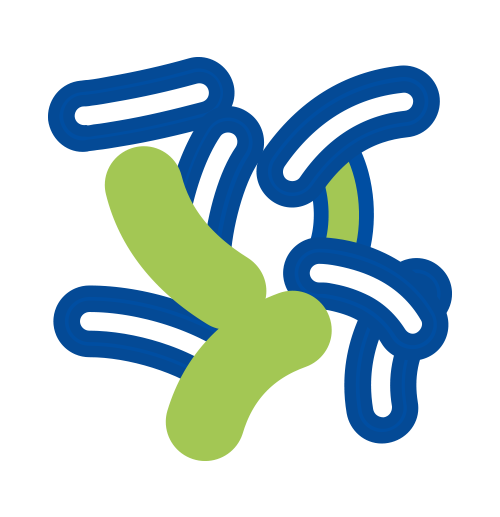 Primers and Probes
Primers and Probes RNA SynthesissgRNA miRNA siRNA
RNA SynthesissgRNA miRNA siRNA



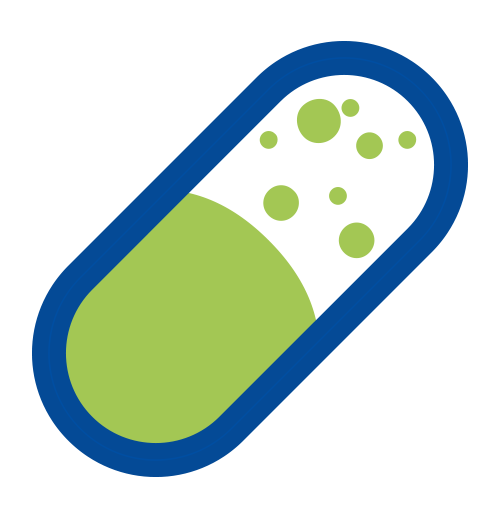 Gene Synthesis
Gene Synthesis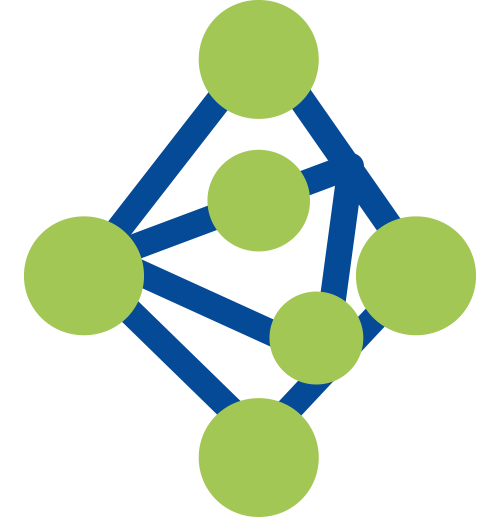 Oligo Pools
Oligo Pools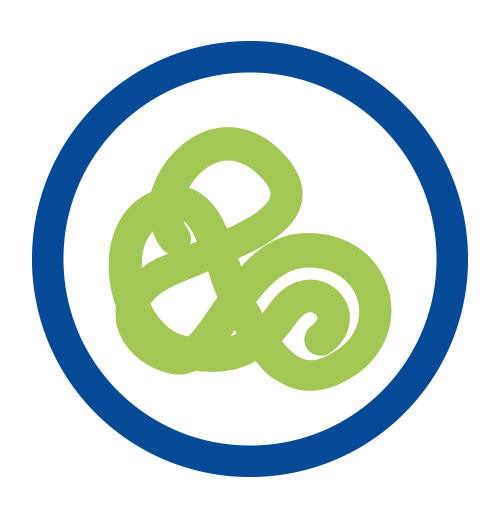 CRISPR sgRNA Library
CRISPR sgRNA Library Antibody Library
Antibody Library Variant Library
Variant Library




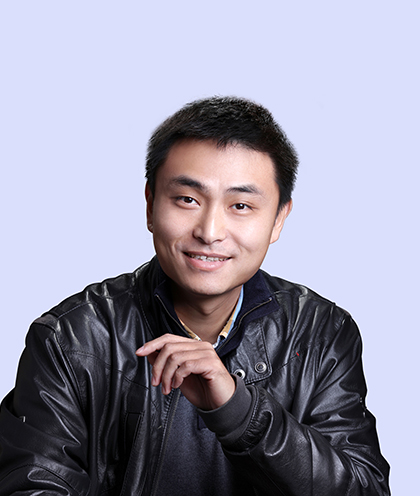
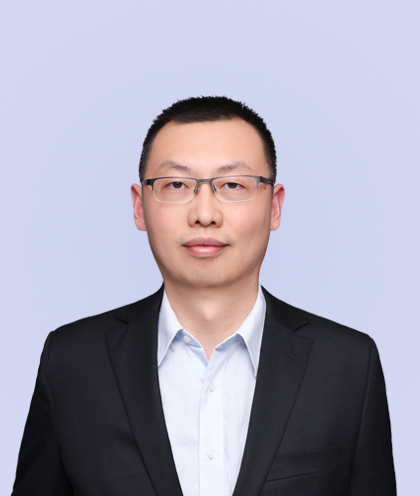
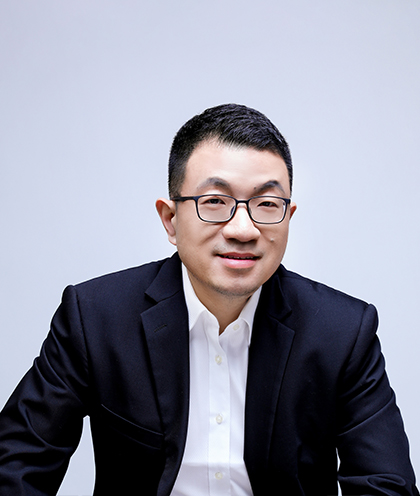

 Tel: 400-017-9077
Tel: 400-017-9077 Address: Floor 2, Building 5, No. 248 Guanghua Road, Minhang District, Shanghai
Address: Floor 2, Building 5, No. 248 Guanghua Road, Minhang District, Shanghai Email:
Email: 







